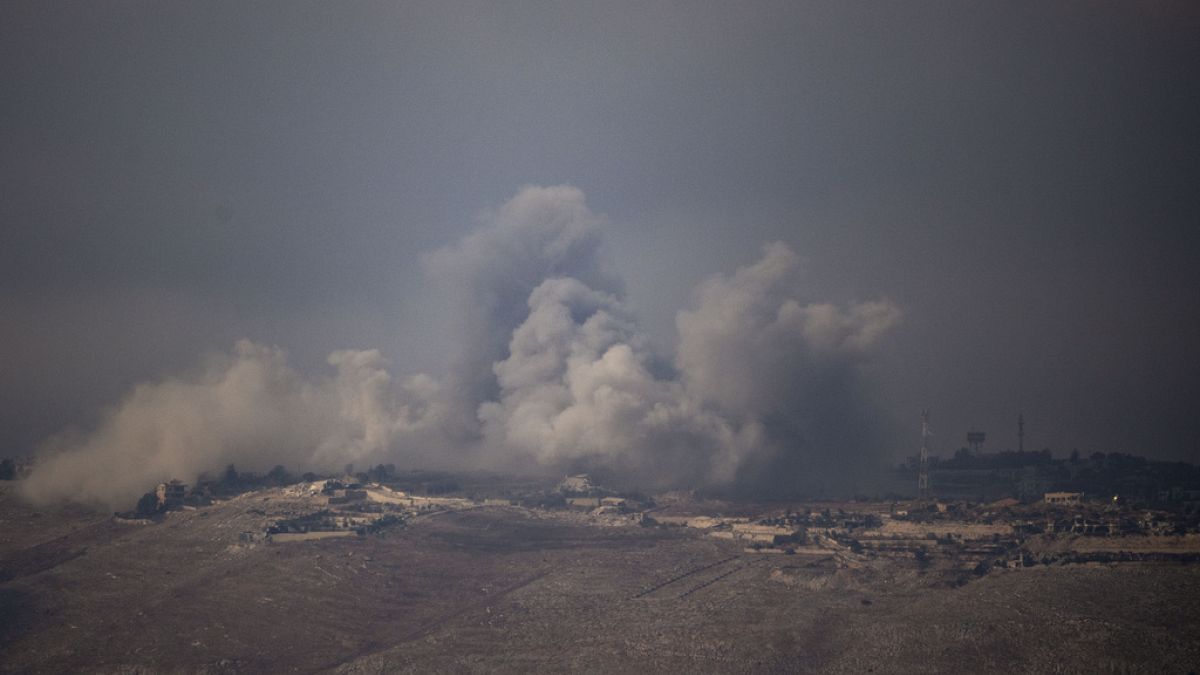The attack comes one day after the one-year anniversary of the 7 October attack and the start of the war between Israel and Hamas, marked by protests and demonstrations across the globe.
Israeli Defence Forces (IDF) said it killed a senior Hezbollah commander in another strike on Lebanon’s capital of Beirut.
The IDF has repeatedly struck inside the densely populated city of Beirut in recent weeks, as tensions between Israel and the Iranian-backed militant group Hezbollah have escalated.
The assault reportedly killed Suhail Hussein Husseini, who the IDF said was responsible for overseeing logistics, budget and management of Hezbollah.
Husseini was also responsible for transferring advanced weapons from Iran to different units within the militant group and was a member of Hezbollah’s military council, according to the IDF.
Hezbollah declined to comment immediately on the strike, however it claimed responsibility for rocket fire that hit a military base overnight near the headquarters of Israel’s foreign intelligence agency, Mossad, according to local media.
The attacks comes after Israeli forces have been repeatedly targeting Lebanon, killing several high-ranking commanders — including the group’s leader, Hassan Nasrallah.
Hezbollah have insisted that they have already replaced their slain commanders and vowed to keep fighting against Israel until a cease-fire in Gaza has been achieved.
Last week, Israel launched what it says is a limited ground incursion into southern Lebanon in what officials fear is an escalation of the war which has dragged on between Israel and Hezbollah’s ally, Hamas, for one year.
On the day of the one-year anniversary of 7 October, the date which sparked the war between Israel and Hamas, Palestinian militants fired a barrage of rockets into Israel.
The war began after Hamas-led militants launched a terror attack in Israel, killing some 1,200 people and abducting another 250.
Israel has retaliated by vowing to destroy Hamas in the Gaza strip, killing around 42,000 people, according to local officials and displacing around 90% of its population in its process.
The conflict has spread in the region, with Israel now attacking Hezbollah in Lebanon and contending with Iran — who launched a barrage of missiles across Israel last week.
A ceasefire deal which has been backed by the US has repeatedly faltered, with both Israeli Prime Minister Benjamin Netanyahu refusing the back down in Gaza and Hamas insisting on the end of hostilities.
“As long as our hostages are in Gaza, we will continue to fight. We will not give up on any of them. I won’t give up,” Netanyahu said in a recorded message late Monday in a government memorial service marking the 7 October attacks.
Video editor • Emma De Ruiter

